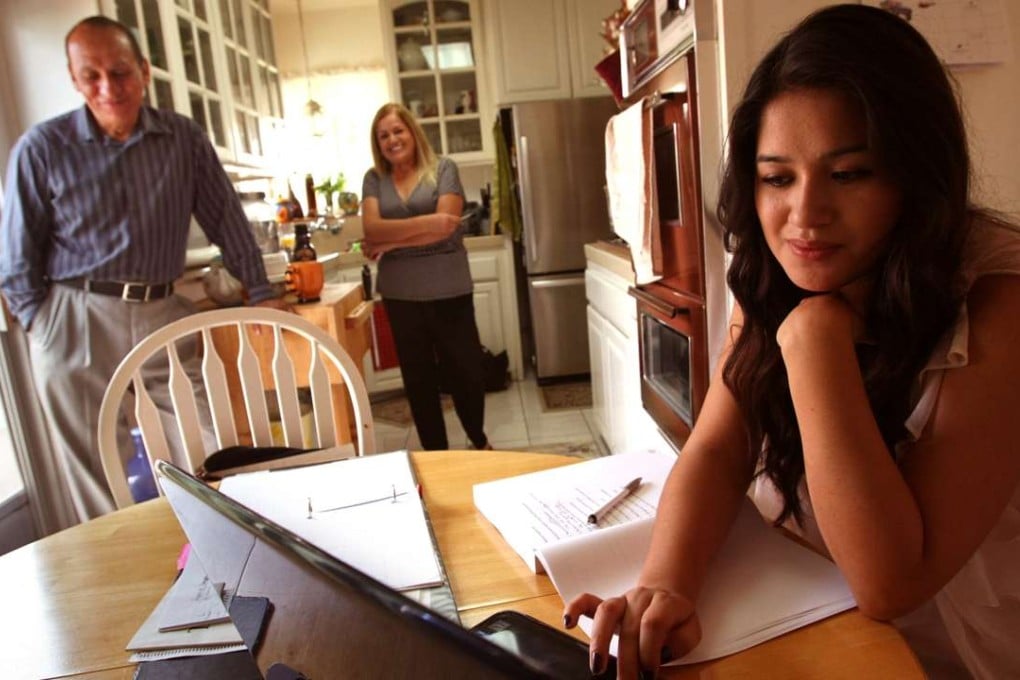Why many American millennials are avoiding home ownership
Developers building larger and more expensive dwellings for affluent baby boomers

For millions of young adults who make up the largest and best-educated generation in American history, coming of age in the wake of the global financial crisis has been particularly painful.
With jobs and opportunities scarce, many were forced to return to school or take refuge by moving back in with their parents. The idea of buying a place of their own seemed impossible.
But the last three years of recovery and job growth have raised hopes that millennials, adults under 35 years old, will soon be crowding open houses and kicking the slow-moving home-building industry into higher gear. A resurgence of residential construction would provide a big lift at a time when the recovery has lost momentum because of economic turmoil abroad.
Trouble is, the housing market itself faces powerful head winds. Changes in demographics and in the industry have held back demand and supply. Neither is likely to be unleashed any time soon.
Developers have been catering more and more to affluent baby boomers, building larger and more expensive dwellings, which makes buying a first home even more difficult for young adults.
This is the first time in the supply history of housing where, for whatever reason, a giant new generation is not being served
Surveys by the National Association of Home Builders show that less than 20 per cent of new construction in recent years has been for entry-level properties. Before the recession, that share typically hovered around 30 per cent. More than half of single-family houses sold in recent years have been 2,400 sq ft or larger, compared with about 40 per cent a decade ago.
